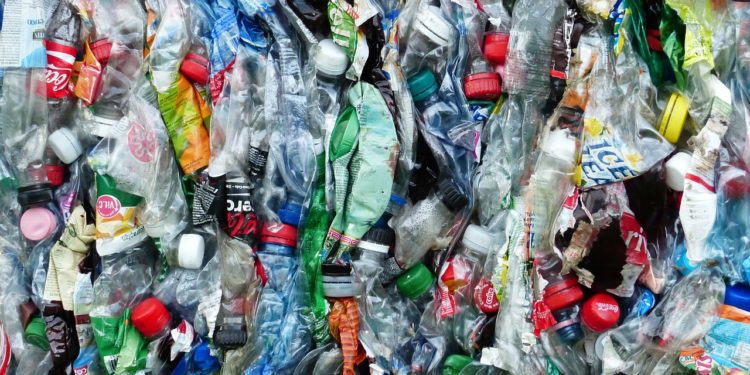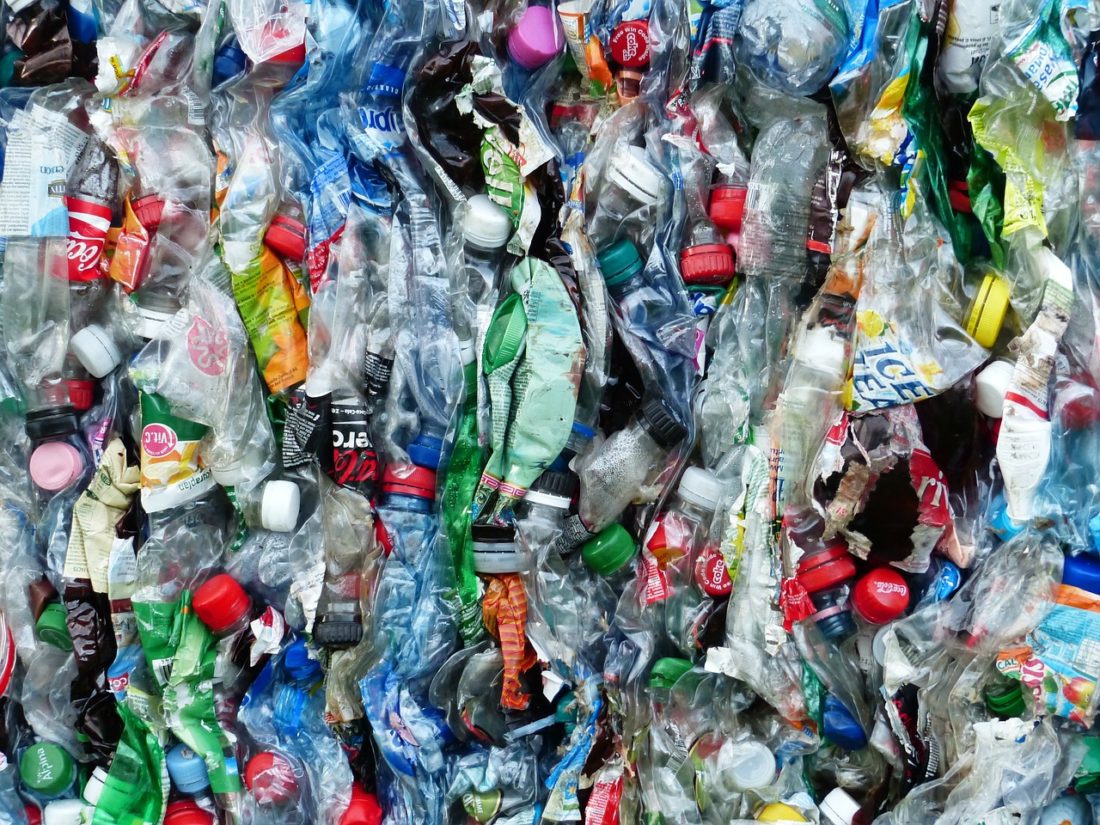How to enhance your plastic-free efforts in 2020

 How much effort does your household make to be more plastic-free? Leading a plastic free life is one of the best and easiest methods of self-improvement you could opt for this year. Forget your optimistic gym membership and your severe diet plan, dropping plastic is an achievable and massively rewarding new year’s resolution that we should all try.
How much effort does your household make to be more plastic-free? Leading a plastic free life is one of the best and easiest methods of self-improvement you could opt for this year. Forget your optimistic gym membership and your severe diet plan, dropping plastic is an achievable and massively rewarding new year’s resolution that we should all try.
We’re all very much aware that plastic pollution has reached a critical level but even by taking small actions, we can make a difference. If we keep using plastic at the current rate, there will be more plastic than fish in the world’s oceans by 2050.
Our casual plastic use is causing far more damage to marine life then it’s worth. Thanks to greater awareness and concern about the environment, we have seen some steady changes in relation to plastic use: the plastic bag fee which came into effect in October 2015 for example, and the forecasted ban of plastic straws next year. There are big changes in motion, but it’s the small lifestyle changes that we can all make that will make a difference.
Select some small changes from our suggestions below to help achieve your plastic-free goal in 2020:
1. Reusable coffee cups and water bottles are a great investment
Takeaway coffee cups are a major source of waste material and plastic bottles take a shocking 450 years to decompose. With this in mind, it is more pressing than ever to make the switch to reusable items. KeepCups and Chilly’s Bottles are popular brands that focus on sustainable products.
2. Aim to buy unpackaged fruit and veg
Many supermarkets are now making switch to packaging free products. If you have the option, choose to load up brown paper bags with fruit and vegetables rather than choosing pre-package food.
3. Say no thanks to plastic bags and straws
Luckily, these items are becoming less commonplace in the UK today. However, it can still be difficult to avoid them at times. When you pick up a takeaway for example, don’t be afraid to say no to the excess plastic bags your food is wrapped in.
4. Source a bamboo toothbrush
Plastic toothbrushes take 400 years to decompose, and if you consider how many you go through in a lifetime, the life span of them all is shocking. A bamboo toothbrush on the other hand, only takes five to ten years — minimal in comparison!
5. Find a refill station for your laundry detergent and washing up liquid
Instead of chucking out the plastic bottle when your washing up liquid runs out, hold on to it and get it refilled! Lots of sustainable shops now offer this service, making it easier than ever to opt for refills rather than wasting more plastic.
6. Switch to soap and shampoo bars rather than bottles
Shampoo and hand soap always seem to come with excess plastic packaging. There is simply no need to coat these items in plastic, as they work perfectly well in bar form. This is another tiny switch that will make little difference to your daily routine but really help out the environment.
7. Shop at ‘zero waste’ shops
Thankfully, zero waste shops are becoming far more common in the UK. The idea of zero waste shops is that they sell produce with absolutely no plastic packaging. Switching up your shopping routine and choosing a zero-waste shop would be a great habit to get into in 2020. You can find a list of zero waste shops and where to find them here.
8. Switch to beeswax wrap rather than clingfilm
Sustainable food storage is another factor that people often forget to consider. We throw away single use clingfilm without a second thought, because it seems like such a necessity within our lives. Now however, there are plenty of alternatives to use if you want to go plastic free. Beeswrap, for example, is a ‘natural alternative to plastic wrap’ which can be used time and time again.
9. Up your sustainable Tupperware game
Along the same theme, consider switching to sustainable Tupperware. There are plenty of alternatives to wasteful plastic Tupperware, such as bamboo, glass, or stainless-steel alternatives. Oxfam do a great range!
10. Cut down on shopping and spending
This last one is essential, although perhaps not as easy as the other lifestyle changes. Every time you buy something, especially online, it is likely to come swaddled in needless layers of plastic. If you cut down on this spending, you could help impact environmental change a positive way.
These changes will be easy to get used to once you’ve made an active effort to change your routine. They will soon become second nature! If everyone chips in and makes an effort towards sustainability, we will see a reduced amount of plastic pollution our oceans.
Article brought to you by Where The Trade Buys, a business card designer, with bases in London, Sunderland and Surrey.

